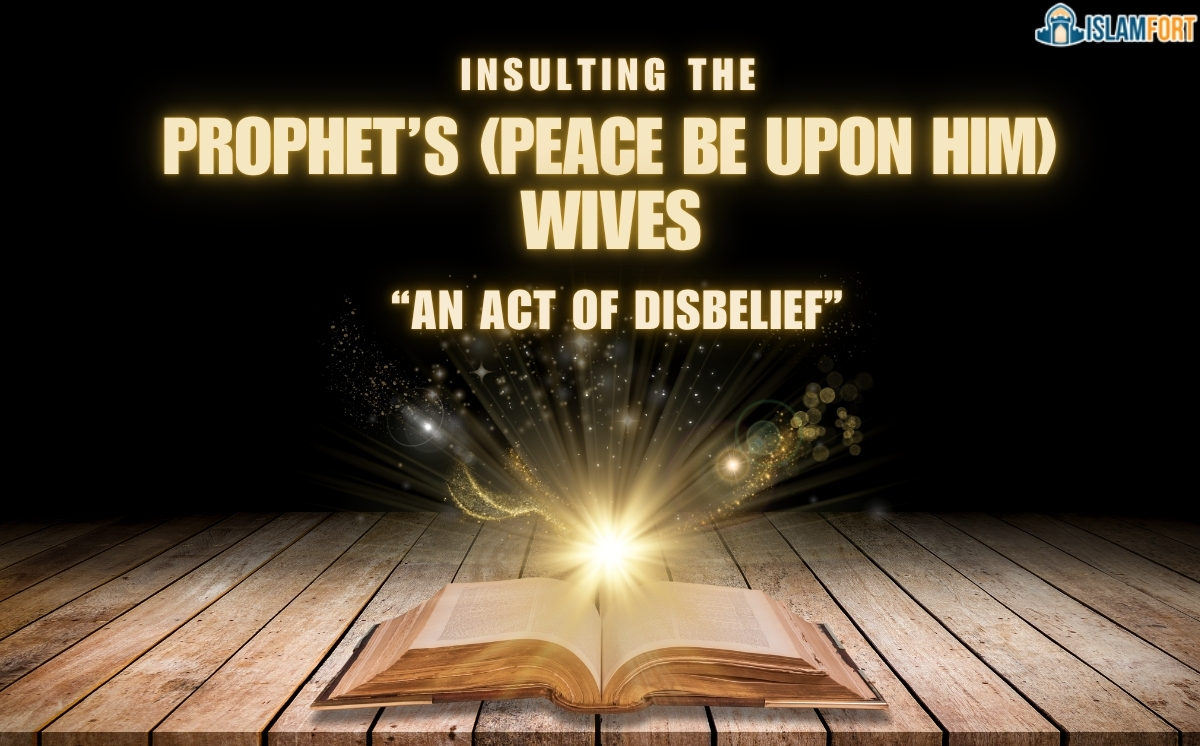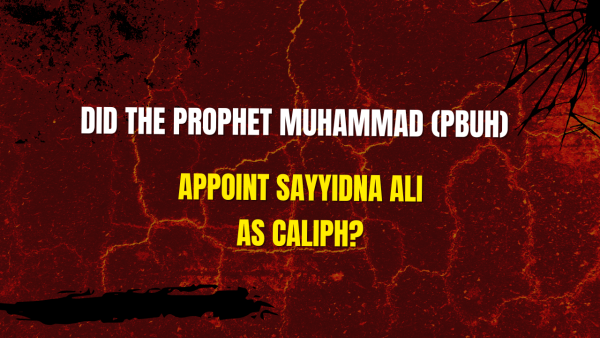Scholars have discussed the significance of the verses revealed in defense of Aisha (may Allah be pleased with her), known as the Ayat al-Bara’ah (The Verses Proclaiming Freedom (from blame or guilt). Once these verses were revealed, her innocence was established by the Qur’an itself. Therefore, if anyone, after this divine declaration, dares to slander her, criticize her, or cast doubts upon her character, such a person is undoubtedly guilty of disbelief – because denying what the Qur’an affirms is an act of outright rejection.
A question may arise here: Since similar verses were not revealed regarding the other wives of the Prophet (peace be upon him), what is the ruling on criticizing them?
The scholars explain that speaking ill of any of the Mothers of the Believers is also an act of disbelief. This is because attacking them is, in essence, an insult to the Prophet Muhammad (peace be upon him) himself. Slandering a man’s wife is effectively an attack on the man’s own honor. Therefore, criticizing the Prophet’s wives is, in reality, a form of disrespect toward the Prophet (peace be upon him) – and disrespecting the Prophet is an act of disbelief.
Anyone who attempts to harm, insult, or criticize the Mothers of the Believers is, in truth, attacking the honor and status of the Messenger of Allah (peace be upon him). Such behavior is not only unacceptable but also falls under the gravest of spiritual crimes in Islam.













Leave a Reply